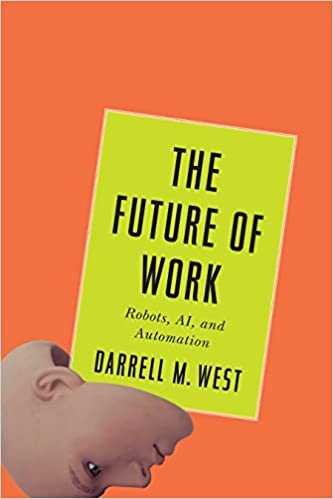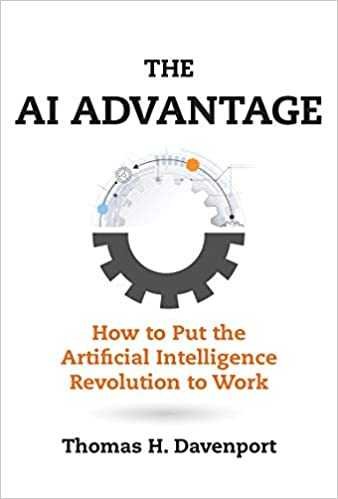Artificial Intelligence
Artificial Intelligence (AI) has arrived. It will have an impact on workers across all industries, sectors, and jobs. Companies need to transform their business processes and model, focusing on using AI to achieve better decision making, more operational flexibility, faster speed and increased personalisation of products and services.
As AI will significantly change how work gets done, it is important to acquire knowledge and skills in AI.
Start by reading these recommended AI books here.
Quick Navigation
AI-centric organizations exhibit a new operating architecture, redefining how they create, capture, share, and deliver value. This book will
- Present a framework for rethinking business and operating models
- Explain how “collisions” between AI-driven/digital and traditional/analog firms are reshaping competition, altering the structure of our economy, and forcing traditional companies to rearchitect their operating models
- Explain the opportunities and risks created by digital firms
- Describe the new challenges and responsibilities for the leaders of both digital and traditional firms.
Darrell West from Brookings Institution presents a number of insightful proposals to help people deal with the transition from an industrial to a digital economy.
Robots, artificial intelligence, and driverless cars are no longer things of the distant future. They are with us today and will become increasingly common in coming years. As these tools advance deeper into everyday use, they raise the question―how will they transform society, the economy, and politics? If companies need fewer workers due to automation and robotics, what happens to those who once held those jobs and don’t have the skills for new jobs?
This book is an important contribution to “The Future of Work” discussion for leaders to read and know.
In The AI Advantage, Thomas Davenport offers a guide to using artificial intelligence in business. He describes what technologies are available and how companies can use them for business benefits and competitive advantage. AI can automate structured and repetitive work; provide extensive analysis of data through machine learning (“analytics on steroids”), and engage with customers and employees via chatbots and intelligent agents. Davenport describes the major AI technologies and explains how they are being used, reports on the AI work done by large commercial enterprises like Amazon and Google, and outlines strategies and steps to becoming a cognitive corporation. This book provides an invaluable guide to the real-world future of business AI.
Conclusion
We will be featuring top and best artificial intelligence books here which could help you on your AI journey.


